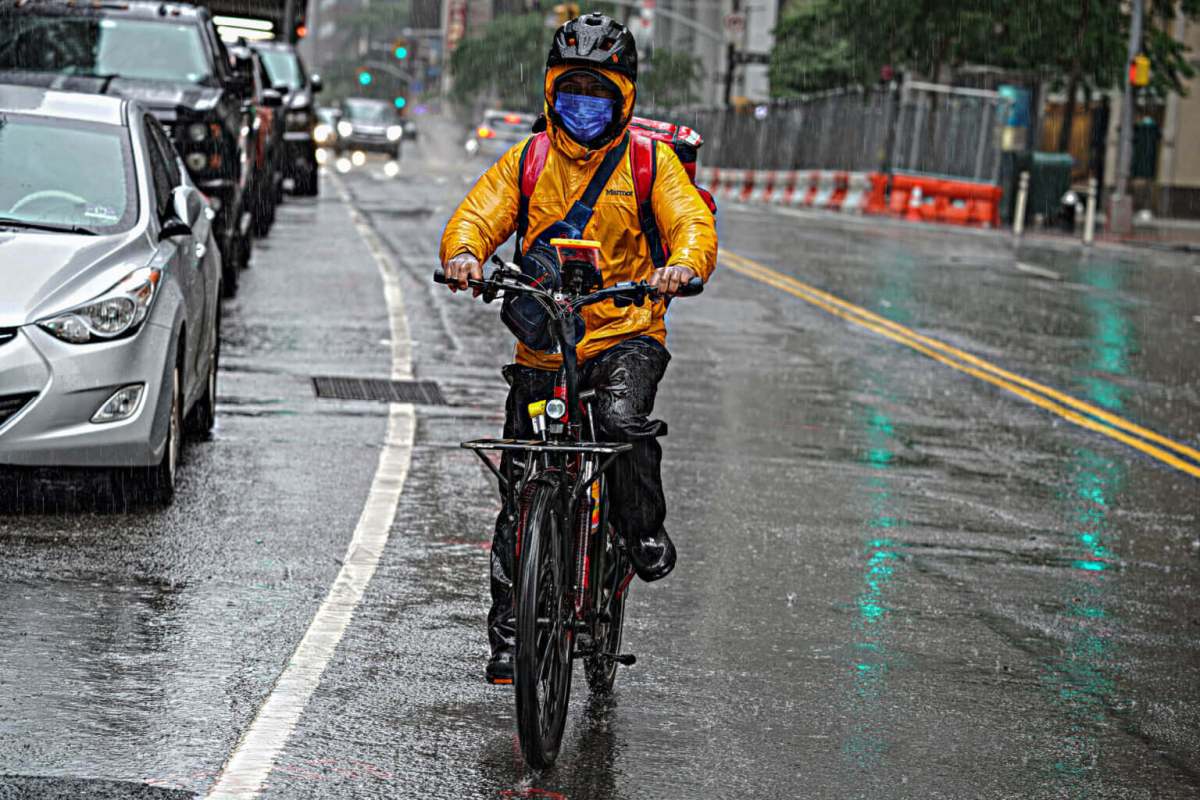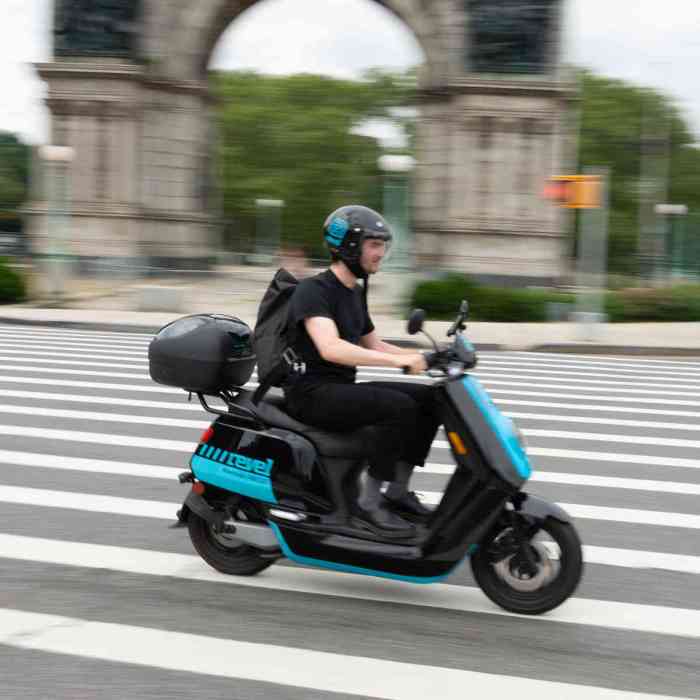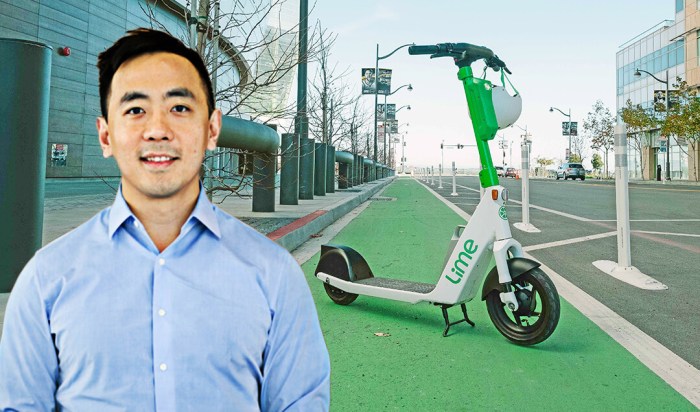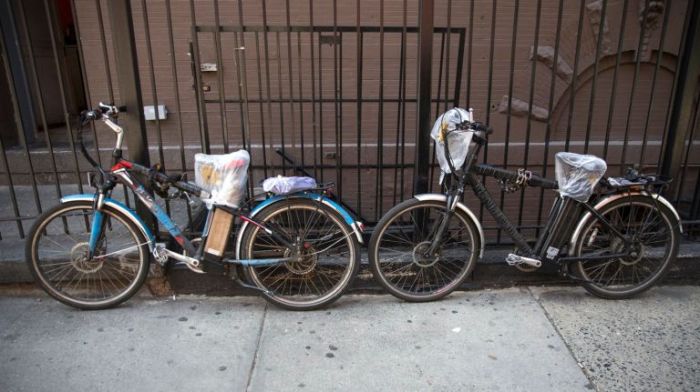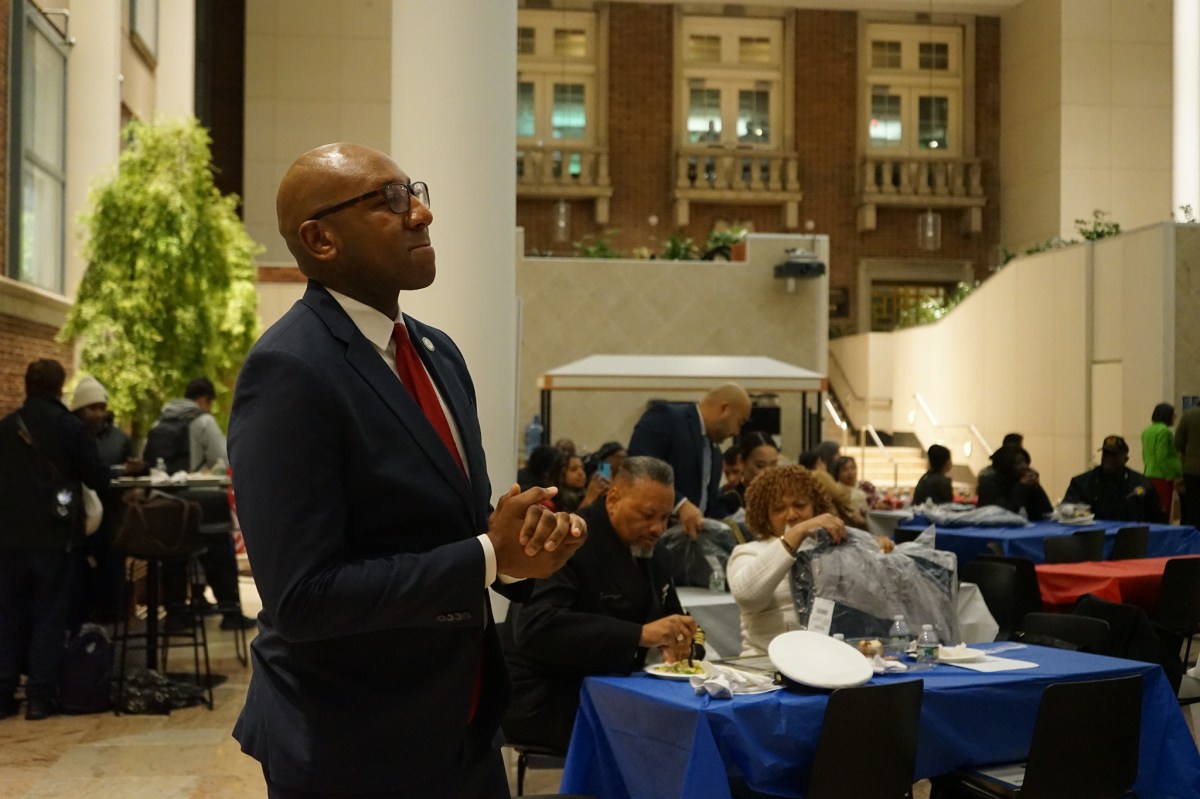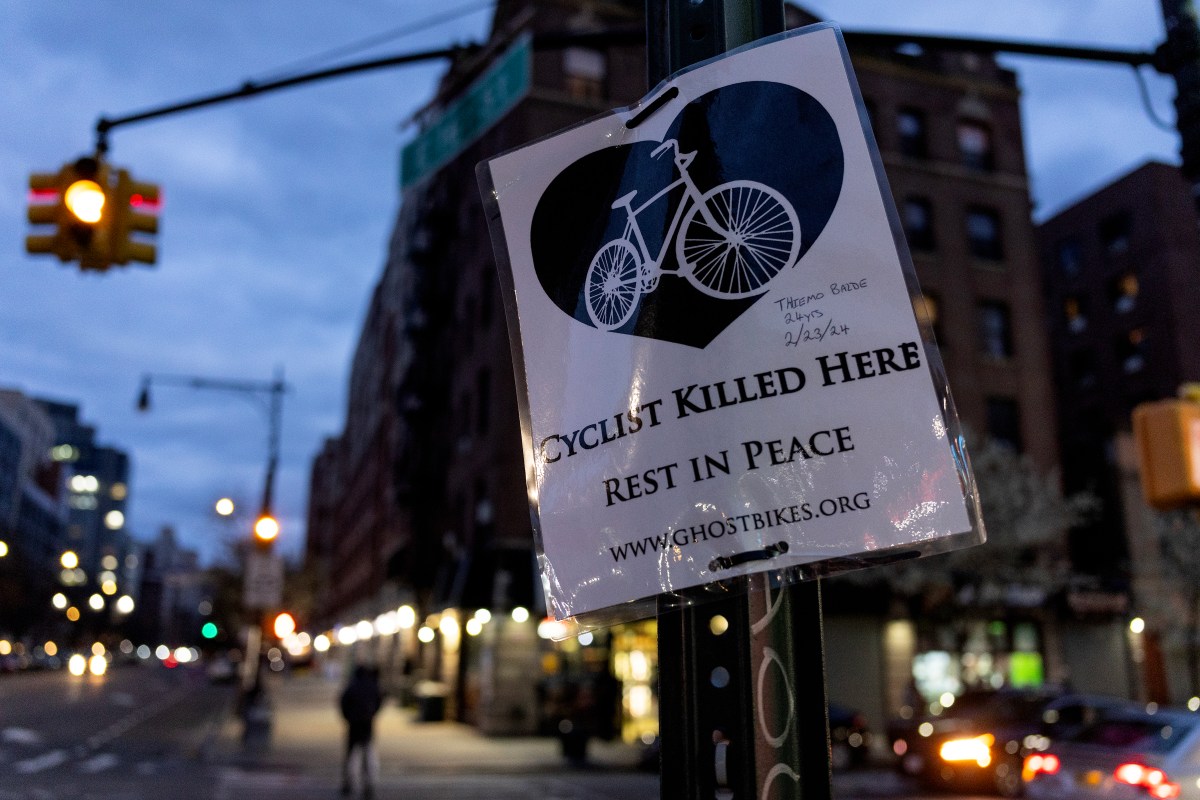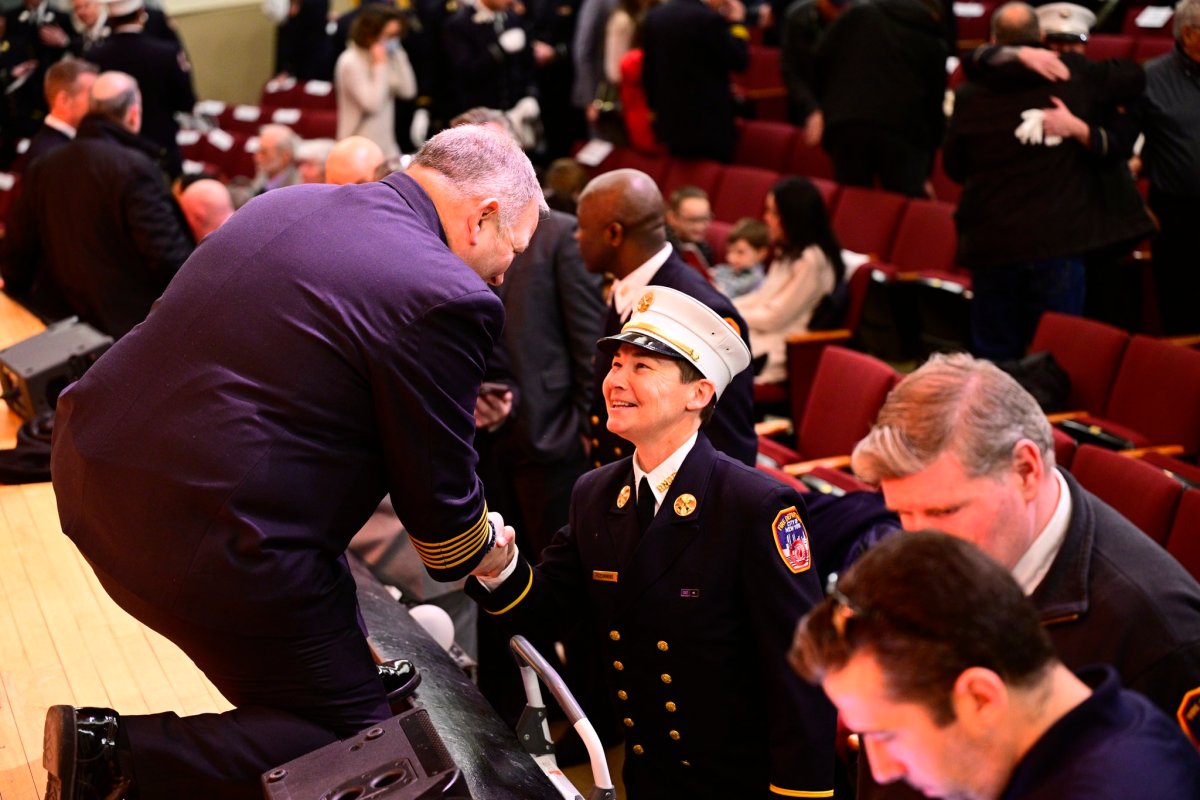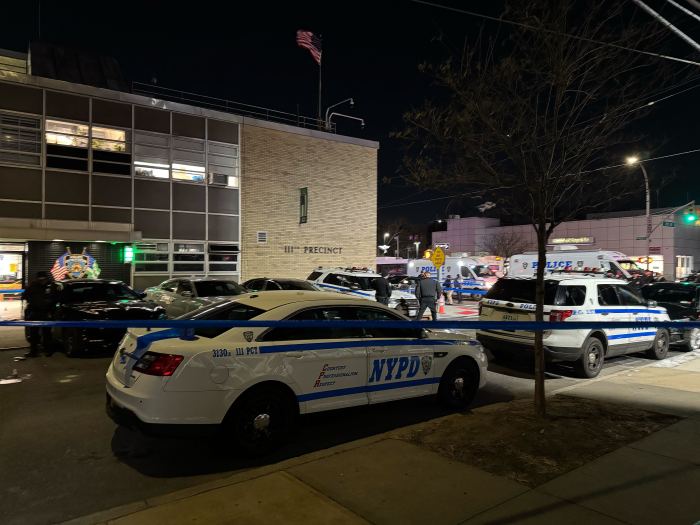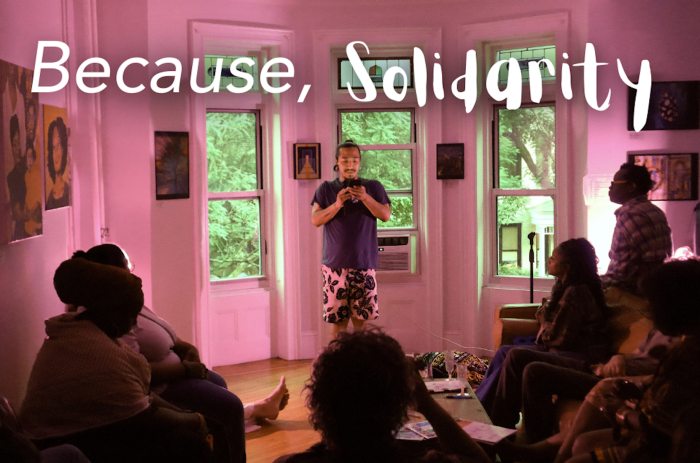The City Council voted Thursday to ban the sale of “second-use” lithium-ion batteries used on e-bikes, arguing the cheap, reconfigured batteries made from components of other cells pose uniquely dangerous fire hazards.
The Council also passed legislation banning the sale, lease, or rental of e-bike batteries that don’t comply with existing safety standards, namely Standard 2771 from Underwriters Laboratories.
Also voted through were bills requiring the Fire Department undertake a public safety campaign for e-bikes and the Department of Consumer and Worker Protection embark on a similar campaign for food delivery workers, the city’s predominant users of e-bikes. The Fire Department will also be required to report annually on fires caused by e-bike batteries and agency mitigation efforts thereof.
“These five bills that we will vote on today…aim to protect customers from dangerous products and increase public awareness regarding the fire safety risks posed by lithium-ion batteries and motorized bikes and scooters,” said Queens Council Member Joann Ariola, who chairs the Fire and Emergency Management Committee and recently declared a “state of emergency” regarding e-bike fires, ahead of the March 2 vote.
The moves come as lithium-ion batteries face scrutiny for causing an increasing number of deadly and dangerous fires. Manhattan Council Member Gale Brewer said e-bike fire incidents doubled between 2021 and 2022, jumping from 104 to 216 fires in one year, with injuries also nearly doubling from 79 to 147. Six people died in 2022.
So far in 2023, Brewer noted, e-bike batteries have caused 22 fires, 36 injuries, and the deaths of two New Yorkers.
The batteries are not only liable to explode, but the fires they cause are often harder to mitigate than other infernos. Excess heat buildup in lithium-ion batteries can result in powerful explosions that quickly spread flames, toxic smoke, shrapnel, and particulate matter.
Last week, Fire Department Commissioner Laura Kavanagh told the Council the batteries are “incredibly dangerous” and must be handled with care.
Concerns with the batteries came to the fore last November when nearly 40 New Yorkers were injured in a Midtown high-rise fire. Officials said the conflagration started in an apartment where at least five e-bikes were being stored.
“These fires are a problem, these fires are powerful, and they are also destructive,” said Bronx Council Member Oswald Feliz, who sponsored the certification bill and represents the area where 17 people lost their lives in the Twin Parks fire last year. “They destroy our homes, they displace our families, and they put our lives at risk. We cannot wait for another tragedy to happen.”
Impact on delivery workers
Over 65,000 workers traverse the city each day on e-bikes delivering food between restaurants and hungry New Yorkers. Those workers — independent contractors for delivery apps that put in grueling hours in dangerous conditions — typically make low wages and cannot shell out for a brand-new battery, instead buying reconstituted batteries made from parts of other used ones. But those are the most liable to cause serious fires, officials say.
Given the long hours, delivery workers often carry multiple batteries and charge them wherever they can, but charging is often a risky endeavor when it comes to reconstituted batteries. Los Deliveristas Unidos, the delivery workers collective, supports the bill package passing the Council but believes the body must go further.
“The reason these fires are happening is not just because of bad unsafe batteries. It’s because of the lack of infrastructure that exists in our city,” said Ligia Guallpa of the Workers Justice Project, which organized the deliveristas. “There’s about 65,000 deliveristas who are using e-bike charging devices, who use e-bikes and need to charge their batteries, and they have no other place than their own homes.”
Guallpa noted that deliveristas are well aware of the dangers in reconstituted batteries, but often purchase them because they have no other options, and charge them in non-ideal conditions for the same reason. While the deliveristas support the ban on reconstituted batteries, Guallpa faulted the city for not having a plan to safely dispose of the batteries when they are deemed illegal.
“The reality is, just creating legislation to try to eliminate batteries without a plan is detrimental to our city,” said Guallpa. “They’re going forward in the right direction but without a plan, and that is our concern.”
The city has embarked on a plan to convert unused infrastructure like newsstands into hubs for safe e-bike charging, though residents have complained about perceived dangers in some areas where they’ve been proposed. Guallpa said that for safety’s sake, such hubs should be sited all over the city.
In that vein, on Tuesday, Manhattan Council Member Keith Powers introduced a new bill creating a city buyback program for deliveristas to trade in dangerous and now-illegal second-hand batteries for safe, certified ones. He also proposed a bill requiring delivery platforms provide workers with fire-proof bags to contain blazes.
Uber Eats spokesperson Josh Gold said the company supports the bills passed on Thursday and Powers’ bills, and would soon be announcing new corporate initiatives in the fire safety realm.
Grubhub spokesperson Liza Dee said the company is “eager to work with policymakers on spreading public awareness about safe e-bike use, while preserving access for those who rely on them and tackling the clear need for better charging infrastructure,” though the spokesperson did not stake a position on the bills.
A Doordash spokesperson also didn’t take an explicit position on the bills but noted the company has already begun sending “Dashers” e-bike safety information vetted by the FDNY through their app.
“E-bikes are a critical tool for so many New Yorkers to help them get around and earn in the city,” said the spokesperson, Eli Scheinholtz. “We share the City’s goal of keeping New Yorkers safe, and support common-sense solutions that will ensure e-bikes are safe, accessible and used responsibly. We will continue to work with policymakers, transportation advocates, and other stakeholders to identify solutions that improve e-bike safety for all New Yorkers.”



